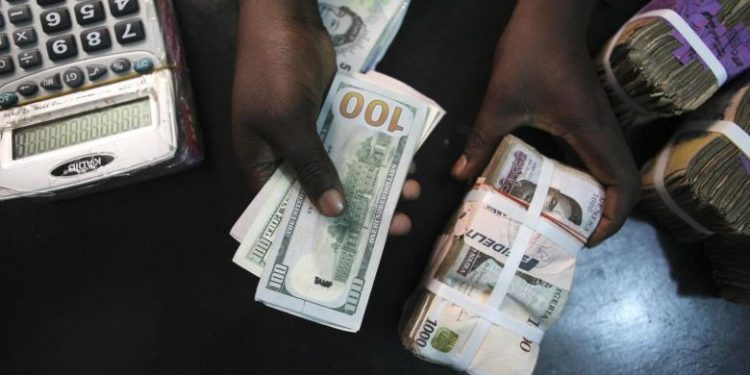Last week, the naira appreciated by 2.5% week-on-week, reaching NGN1,600.78 per USD at the Nigerian Autonomous Foreign Exchange Market (NAFEM). This rise follows the Central Bank of Nigeria’s (CBN) proactive measures, including the sale of approximately USD64 million to authorized dealers, aimed at stabilizing the currency.
The country’s foreign exchange reserves continued their positive trend, increasing by USD206.16 million week-on-week to reach USD38.88 billion as of October 16. This marks the seventh consecutive week of growth, largely driven by foreign portfolio investments (FPIs) entering the market.
However, total turnover at the NAFEM saw a notable decrease of 33.1% week-to-date, dropping to USD1.22 billion. Currency trades during this period were largely confined to the NGN1,540.00/USD to NGN1,682.00/USD range, indicating a more cautious trading environment.
In the forwards market, the naira experienced mixed trends across various contract durations. Rates for the 1-month and 3-month contracts fell by 1.5% and 1.4%, respectively, settling at NGN1,699.15/USD and NGN1,770.51/USD. The 6-month rate also dipped by 0.4% to NGN1,862.89/USD, while the 1-year contract saw a slight increase of 0.9%, reaching NGN2,067.69/USD.
Looking ahead, analysts suggest that the naira is likely to remain less volatile in the short term, provided the CBN continues its intervention strategies in the forex market. This stability is expected to be bolstered by an increase in FPIs drawn to carry trade opportunities in Nigeria’s capital market.
As the naira stabilizes, market participants are optimistic about the potential for increased investment and economic growth in the country.















